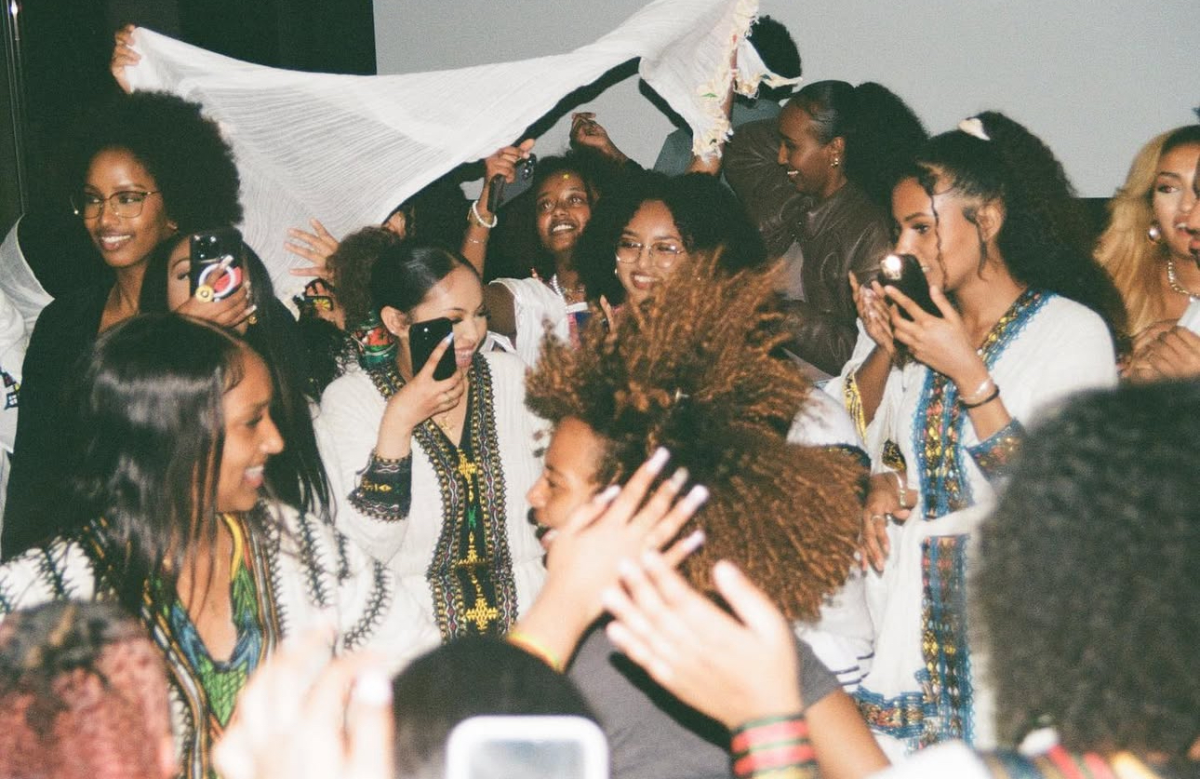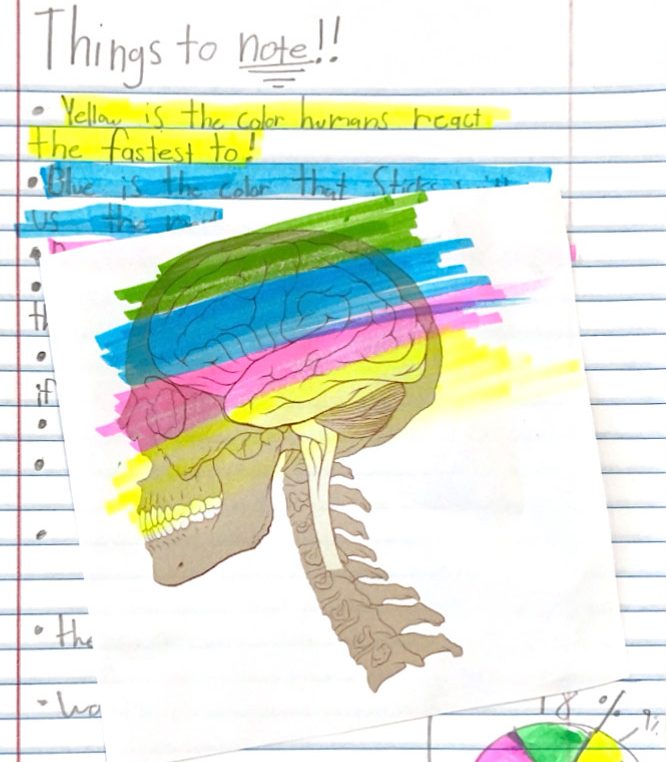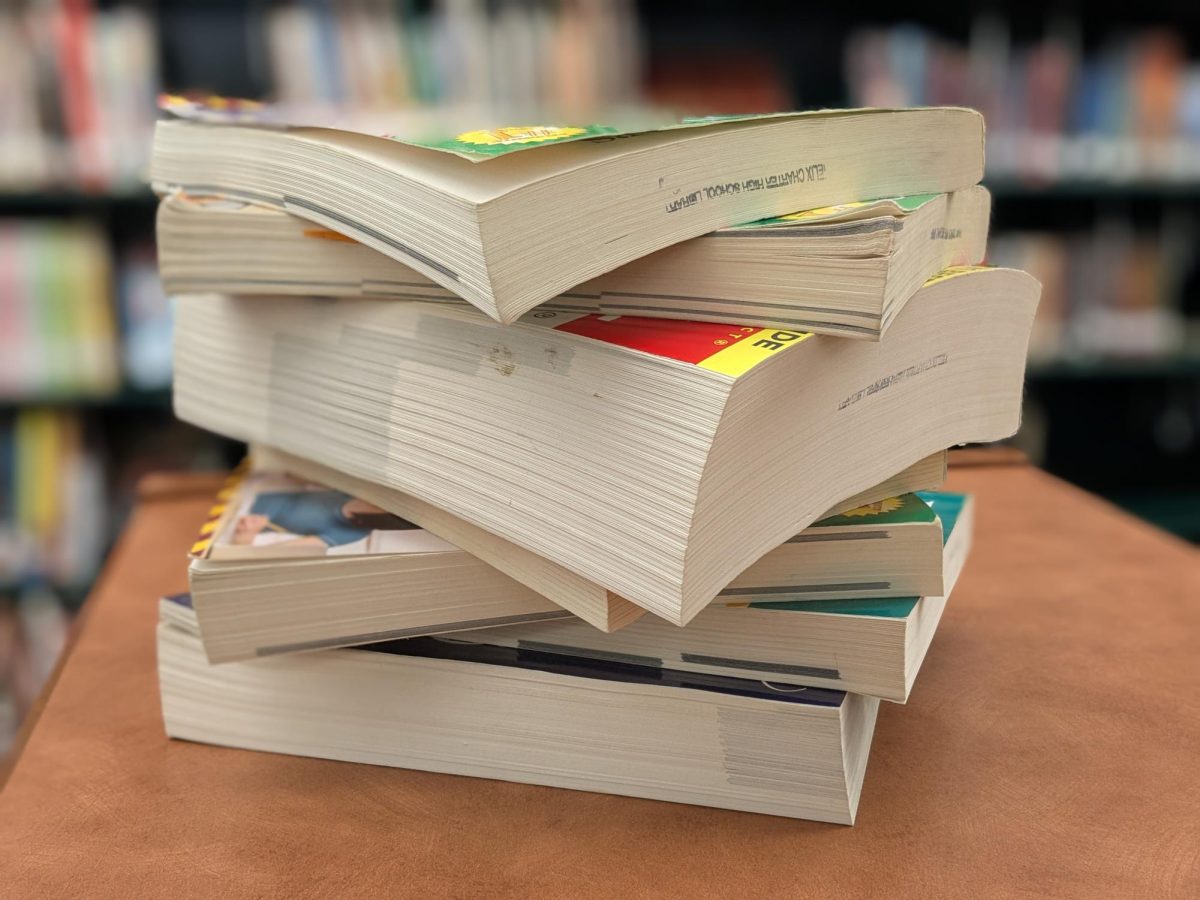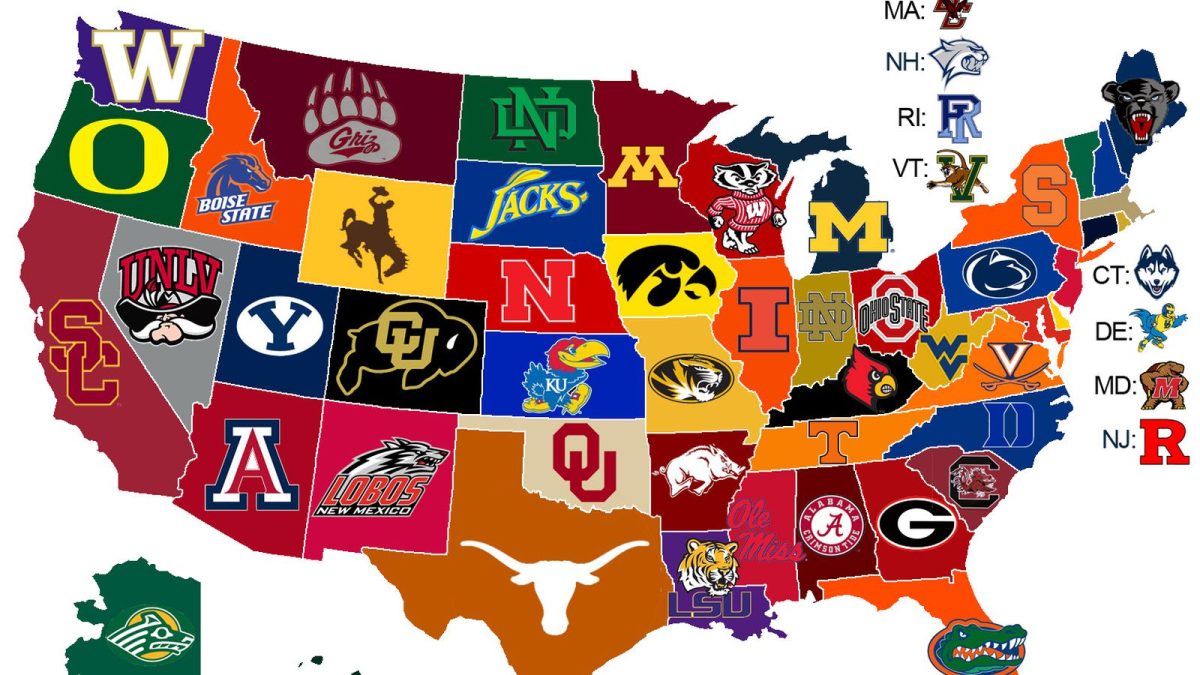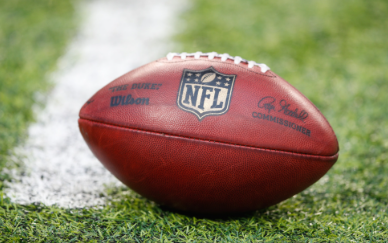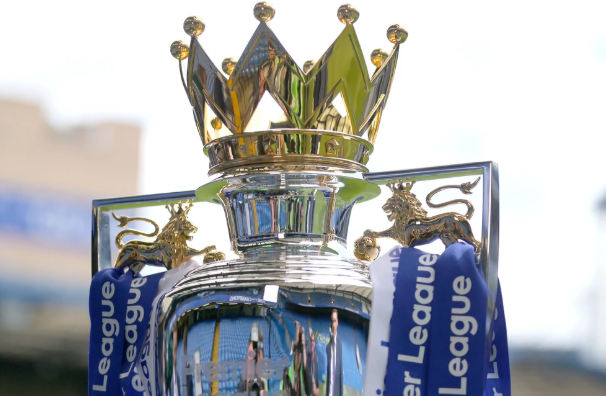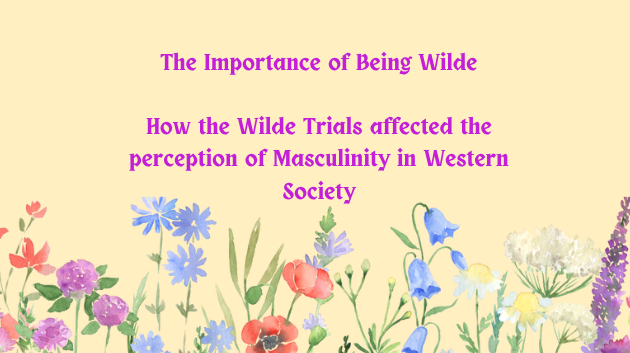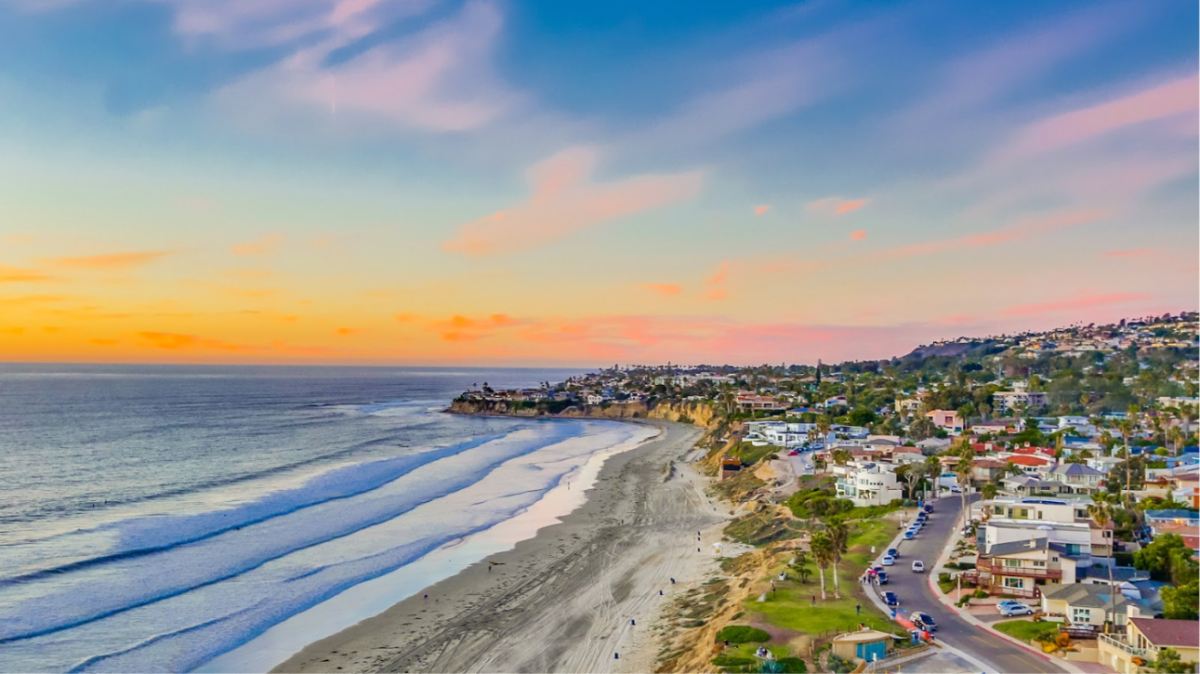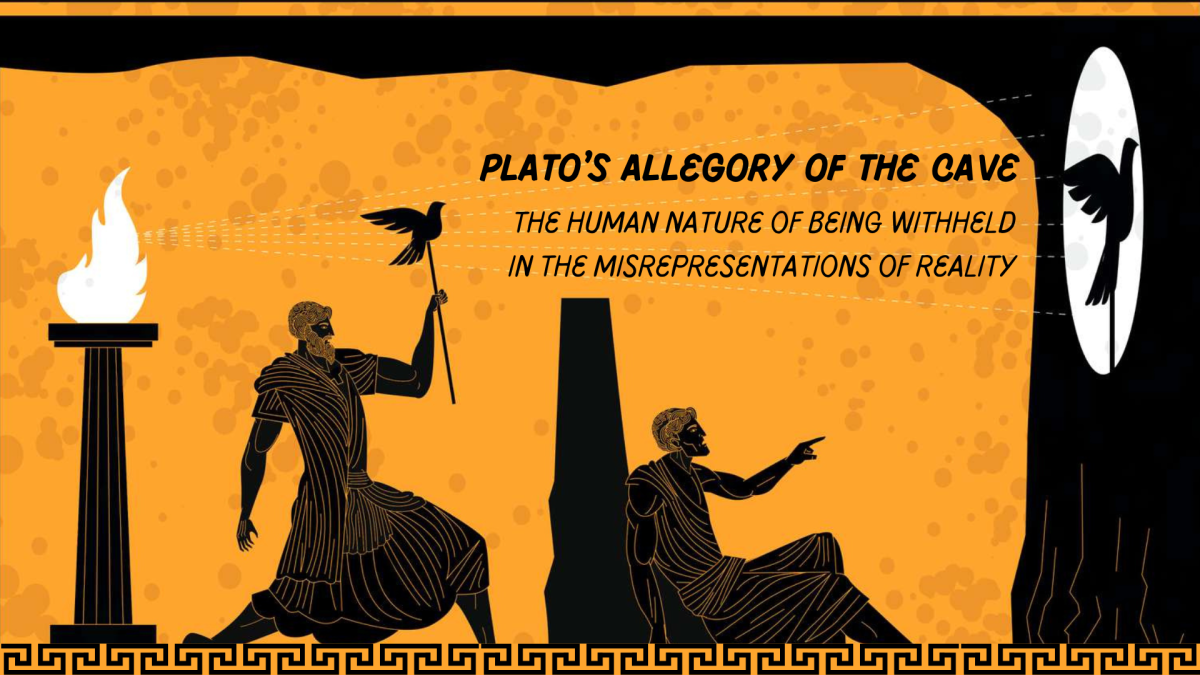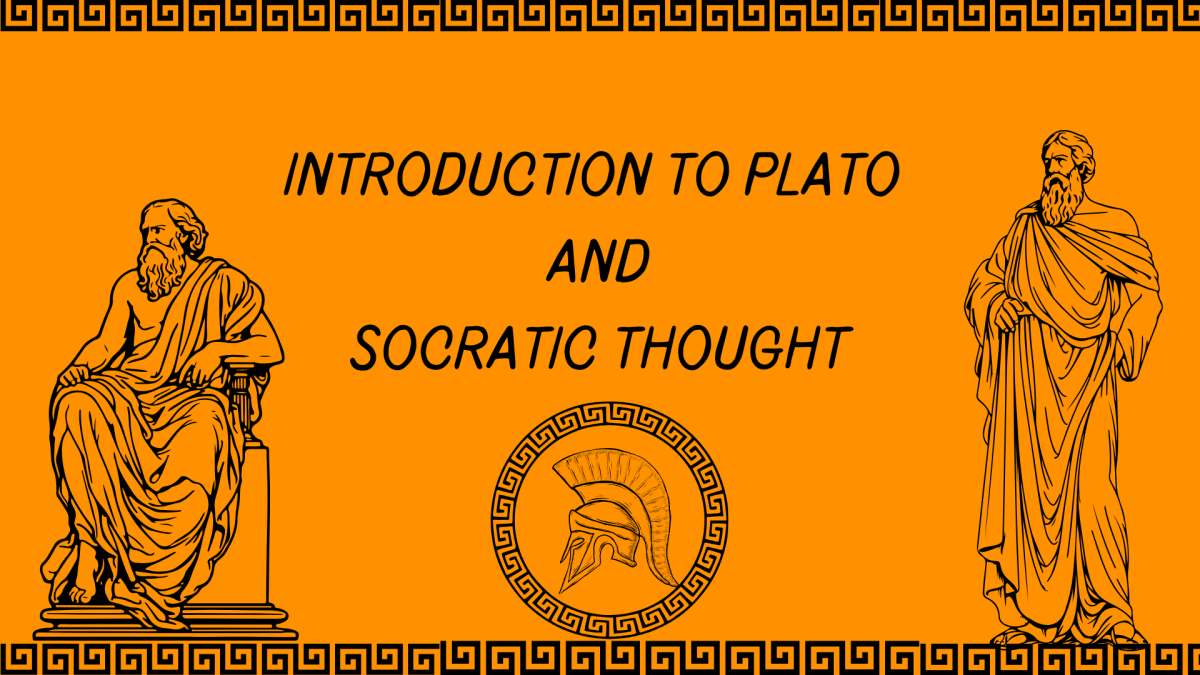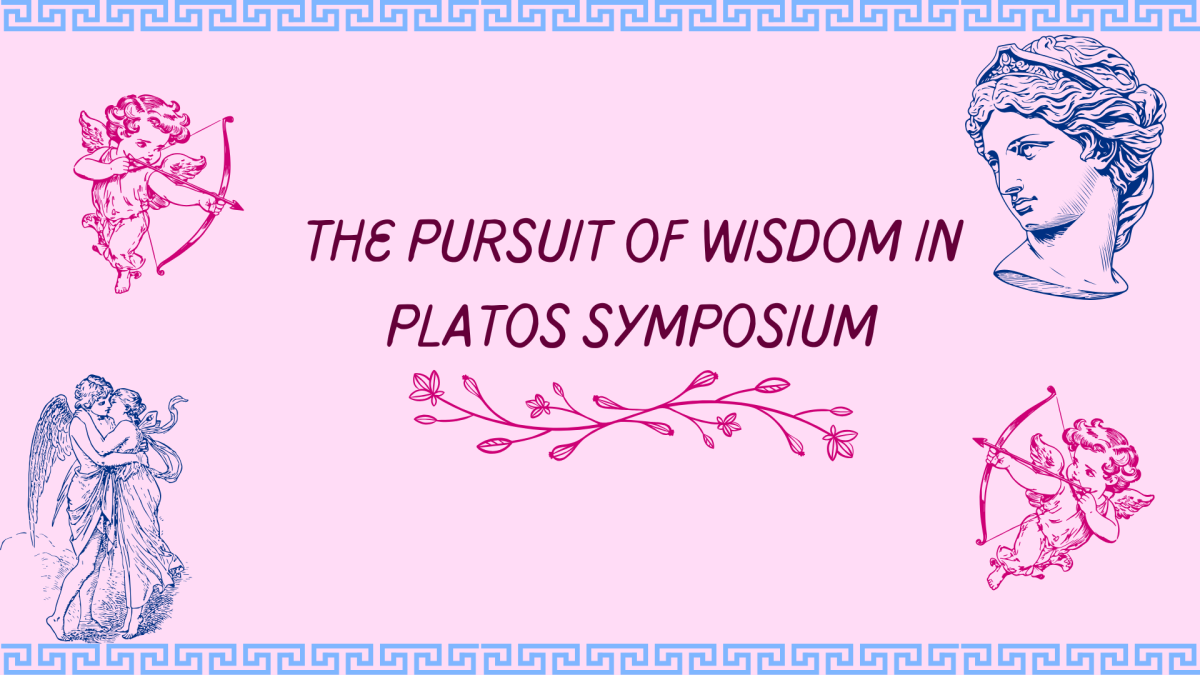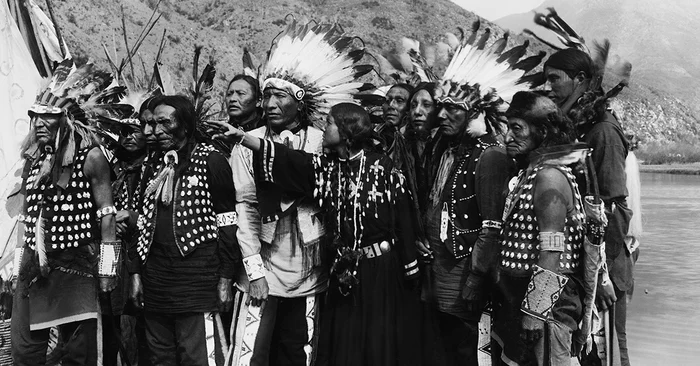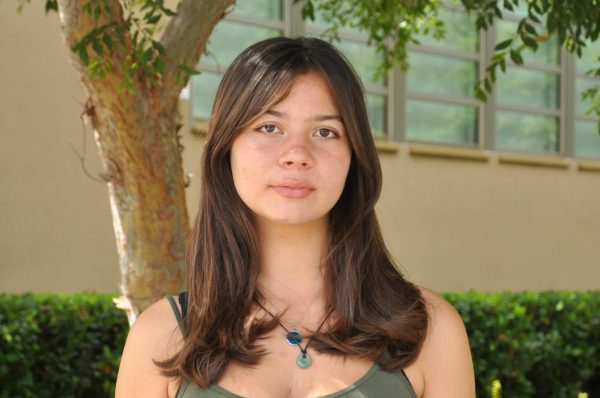Worldwide, Thanksgiving is celebrated with feasts, togetherness and gratitude, but its origins tell a much more profound story. This holiday is widely associated with the gathering of Wampanoag people and Pilgrims in 1621, however upon further exploration, the resilience efforts of the Native people along with the negative effects of colonization is regretfully overlooked. The authenticity of the true Native American historical importance of Thanksgiving is necessary to honor the traditions, culture and sacrifices of Indigenous peoples and stay true to the holiday’s roots.
What is most commonly left unnoticed or dismissed completely is the actions made by the Pilgrims in return after the Wampanoag people graciously welcomed them as their own. As a harsh winter challenged the Pilgrim’s survival skills and strengths, the Wampanoag people willingly shared knowledge about farming, hunting and local resources. The traditional Thanksgiving Feast supposedly represents the food that was humanely shared with the Pilgrims. Native Hope summarizes the widespread story as the settlers were “braving the perils of the New World and, with the help of some friendly Natives”. Slowly, in years following this great feast, the comradery between the Indigenous peoples and settlers dwindled and fell apart. While the Wampanoag people wanted alliance and mutual safety, as the settlers grew their land and population, they became ridden with greed. The English settlers let their rapacity guide them as they “robbed Wampanoag graves and stole food from them to survive during their first years on this new continent” ( Native Hope).
Furthermore, their selfishness and hunger for resources caused the displacement of Indigenous communities, pushing them out of their own homes. Sadly, this deterioration continued with violence. Years later in 1967, a notable massacre called the Mystic Massacre occurred, killing and enslaving multiple tribes of Indigenous people. As these genocides and massacres continued, English settlers deemed this violence as victory, letting it happen.
The brutal treatment of Indigenous communities is an important reality to face in the season of Thanksgiving. This legacy of betrayal is not only relevant to past American history, but also reverberates in present time to remind Americans of the significance in remembering our history. As history and tradition “pay homage to the Pilgrims and their bravery, and react to the tragic background of America’s founding myth with silence, we essentially support a mindset that only some people’s history matters” (Everyone’s History Matters). Thanksgiving is a reminder of the complex American history, as well as an opportunity for education and reflection.


